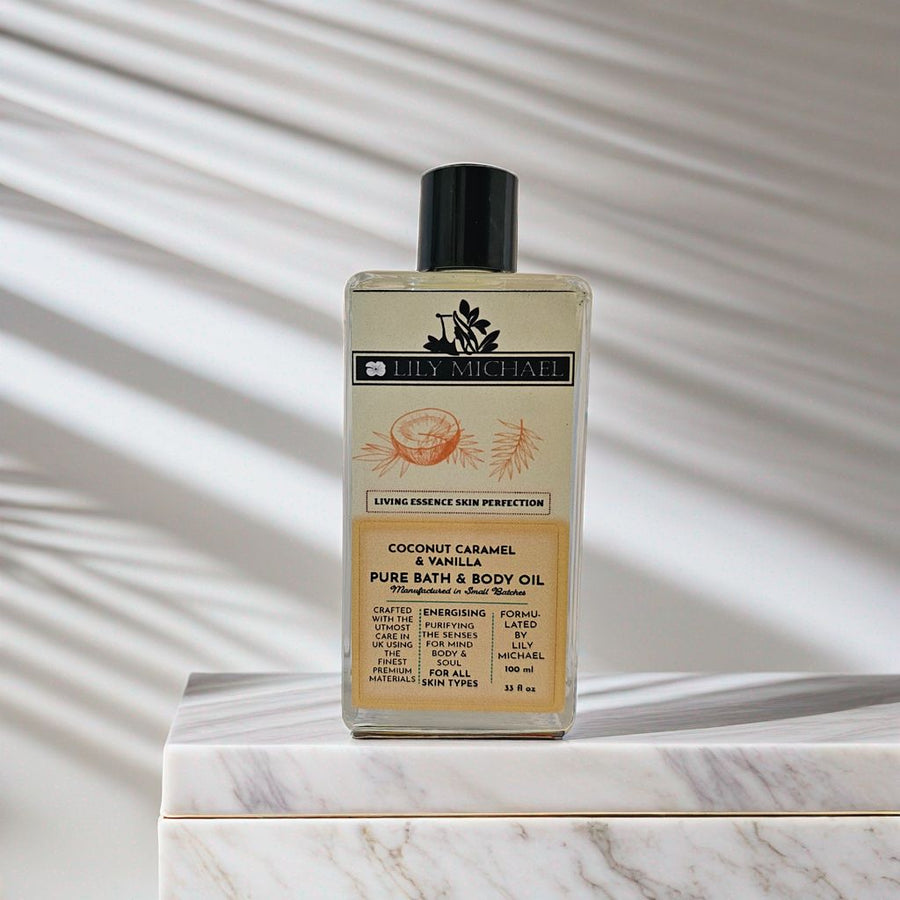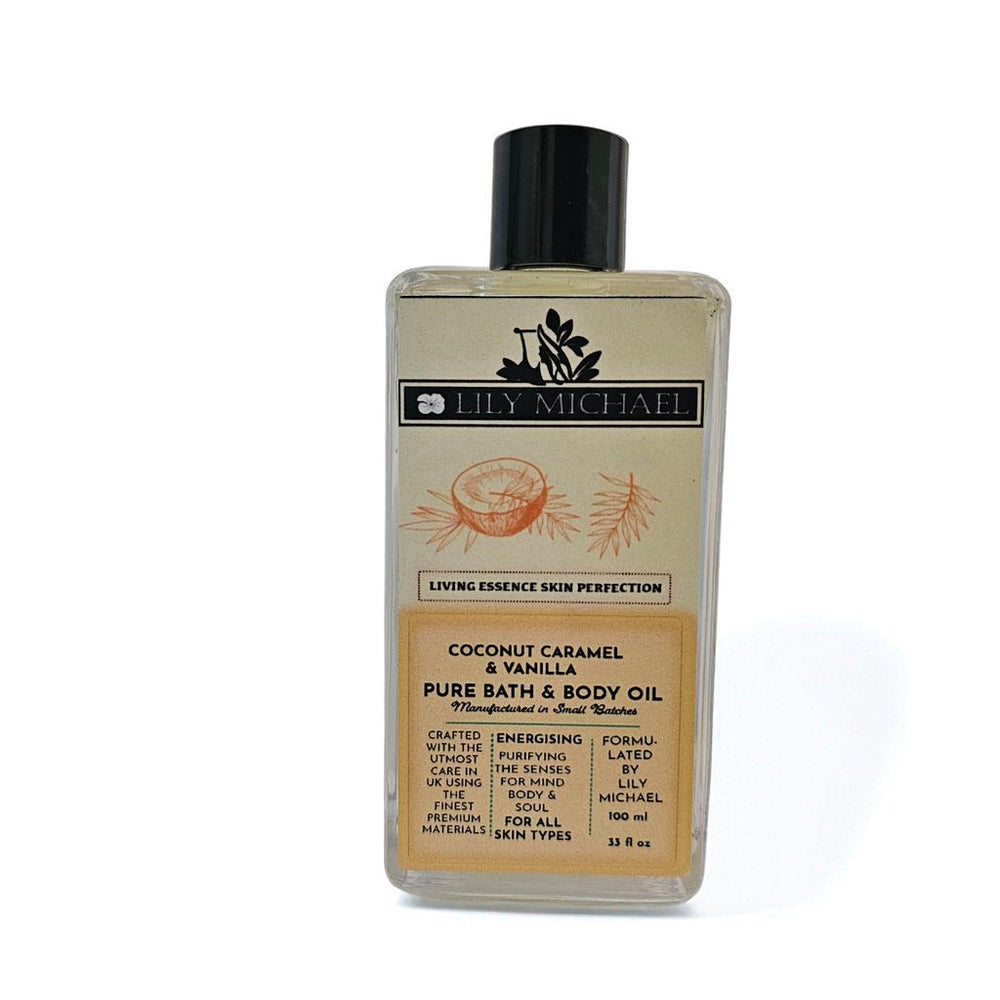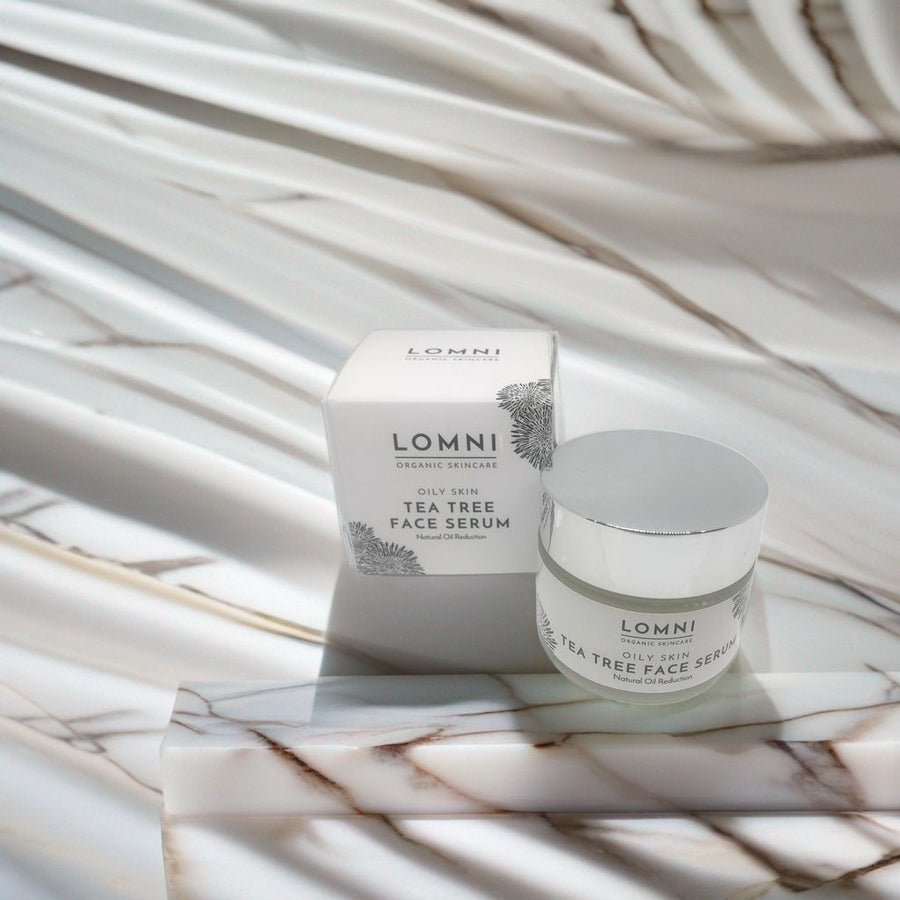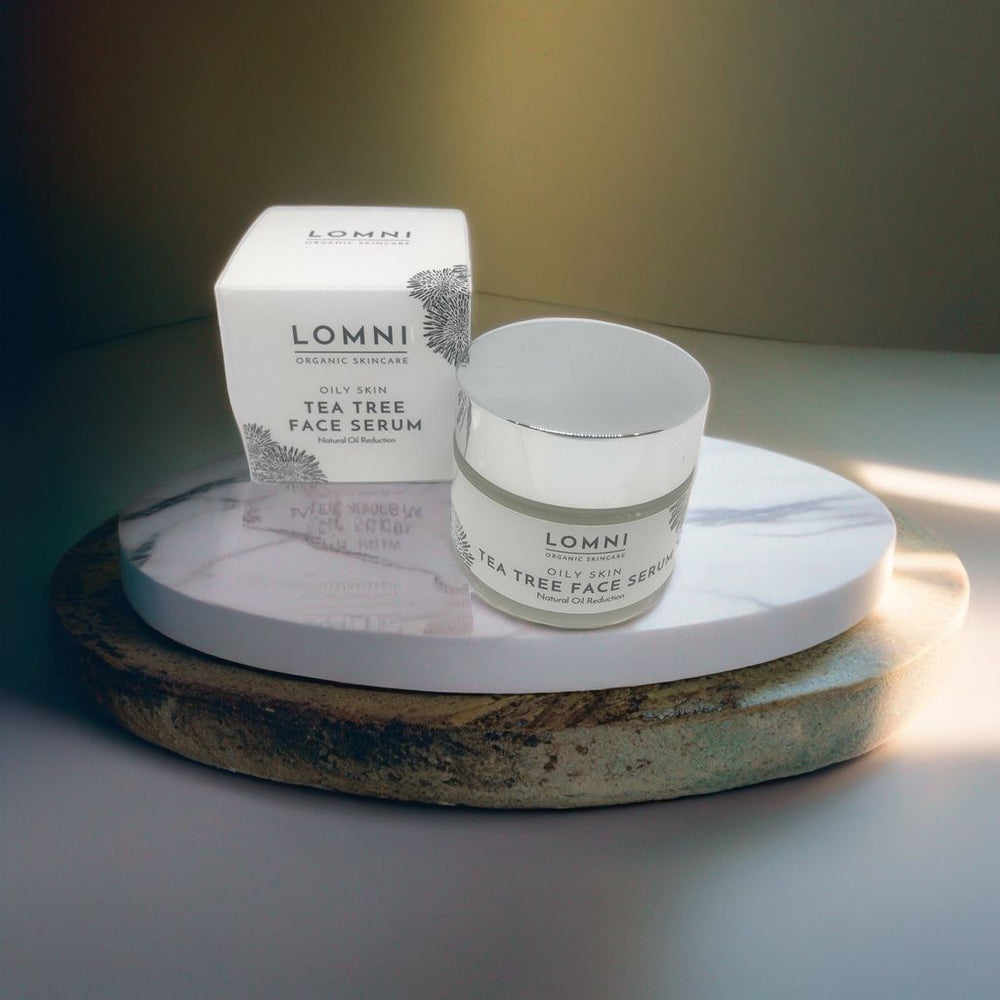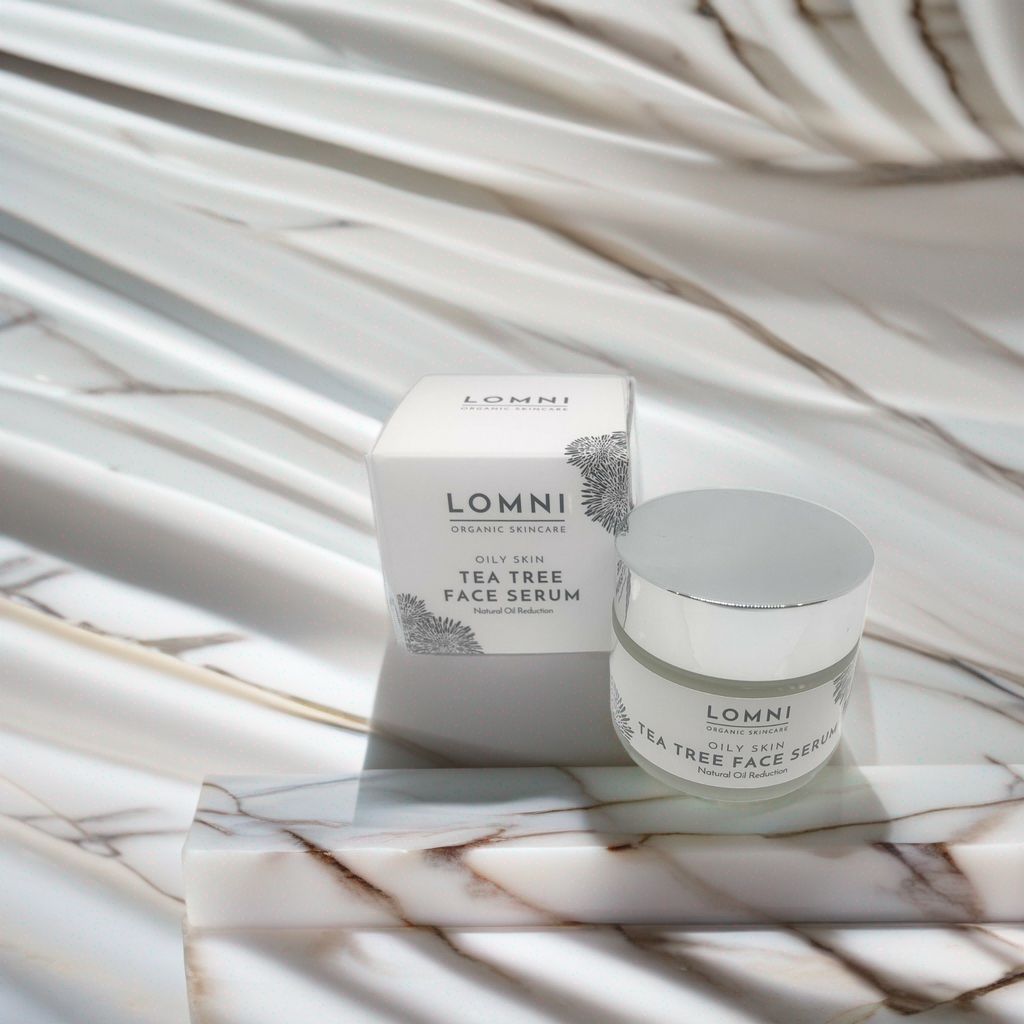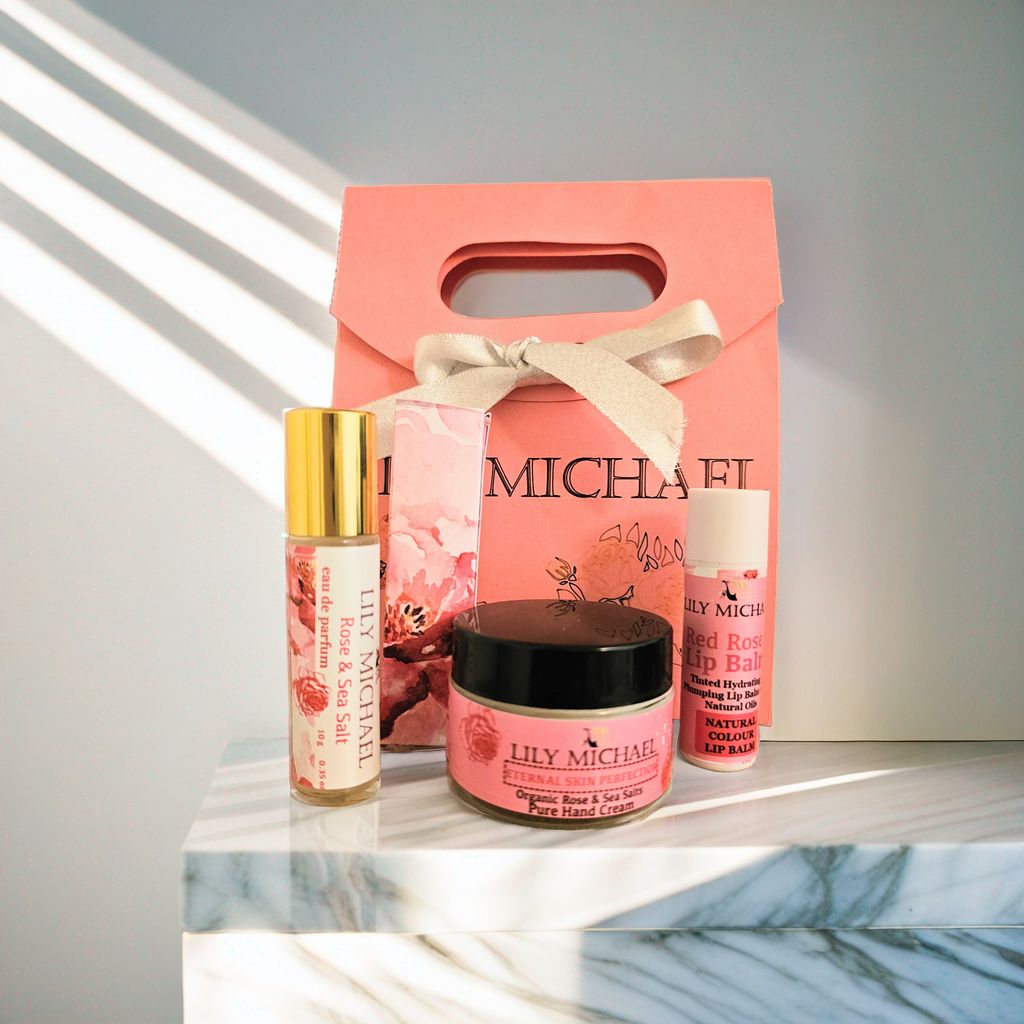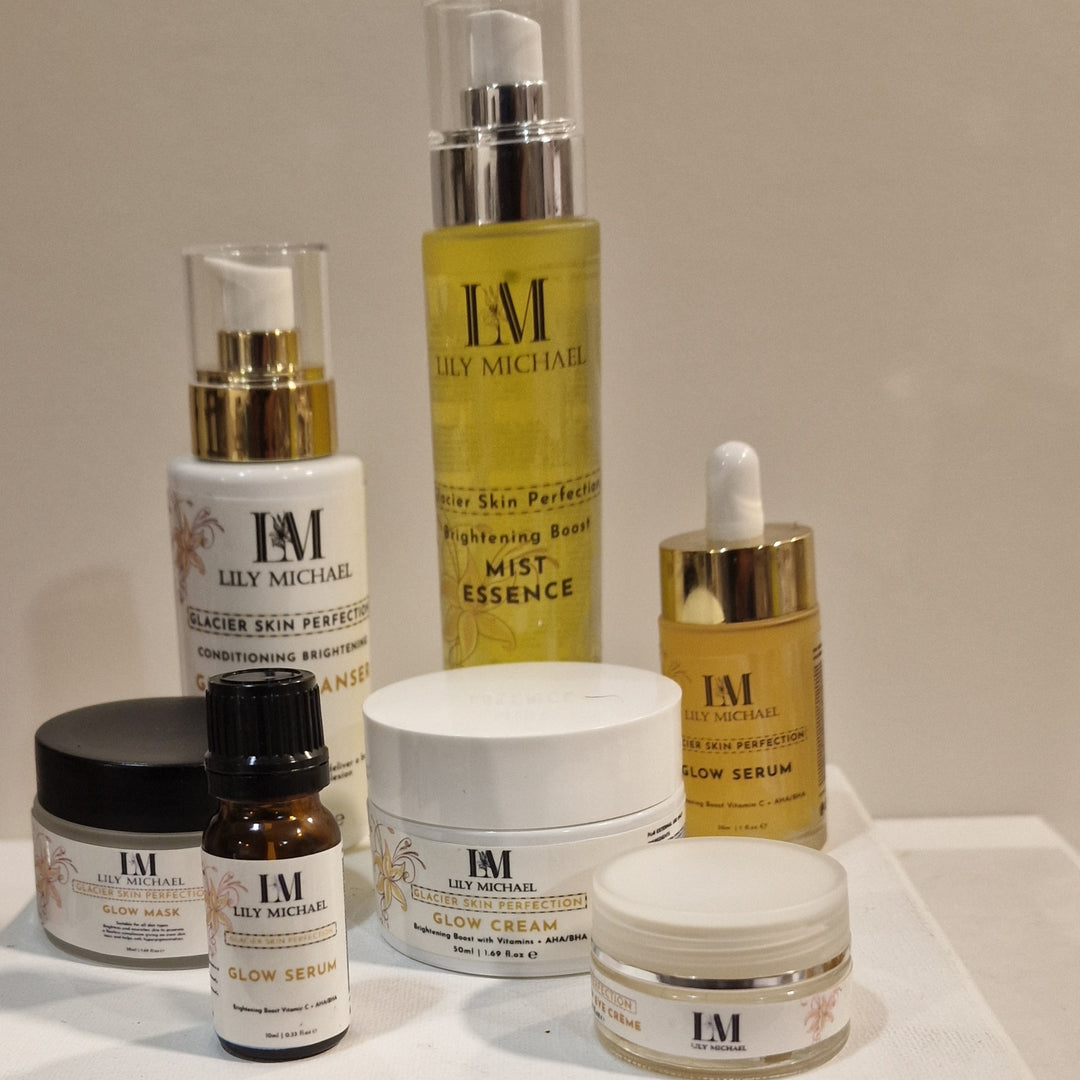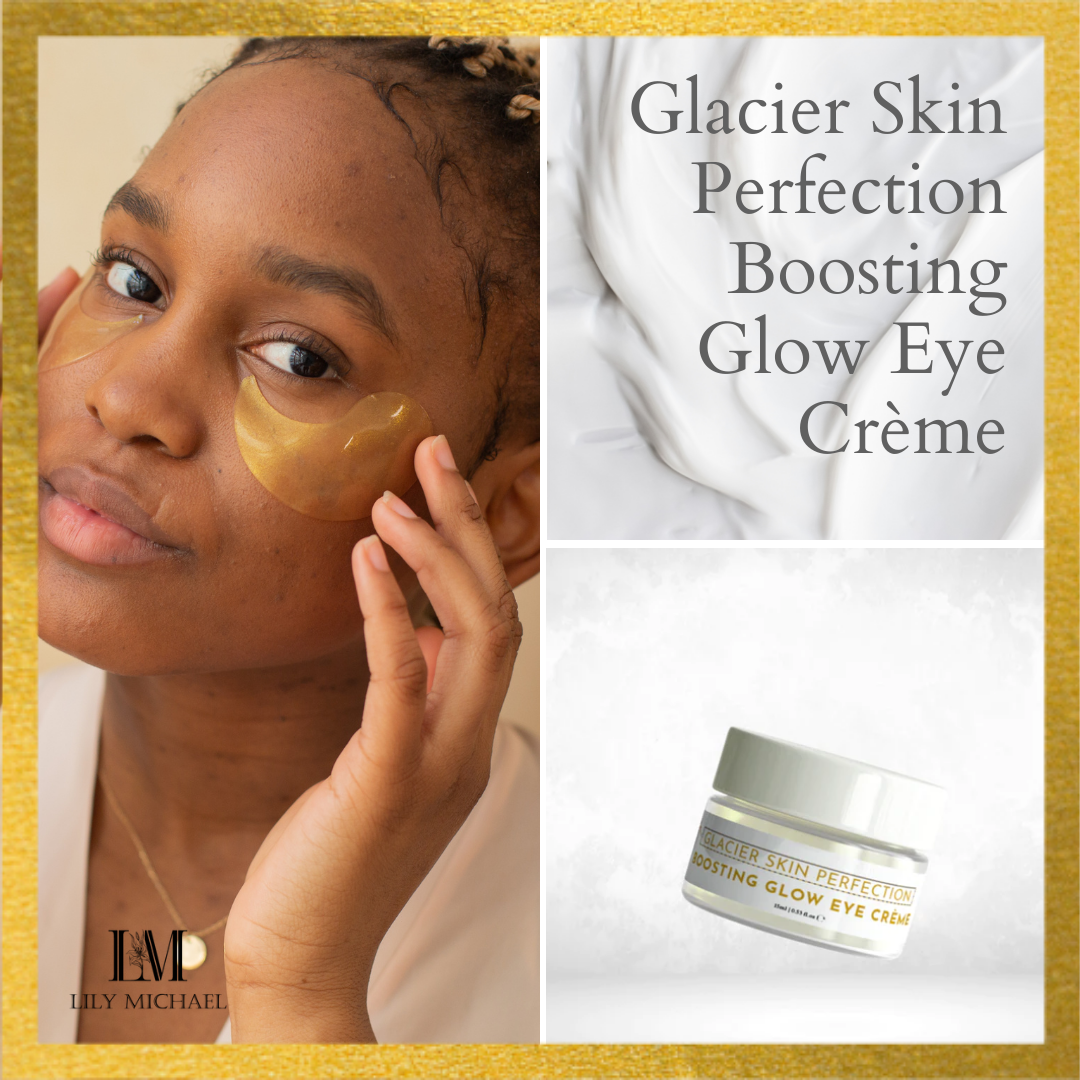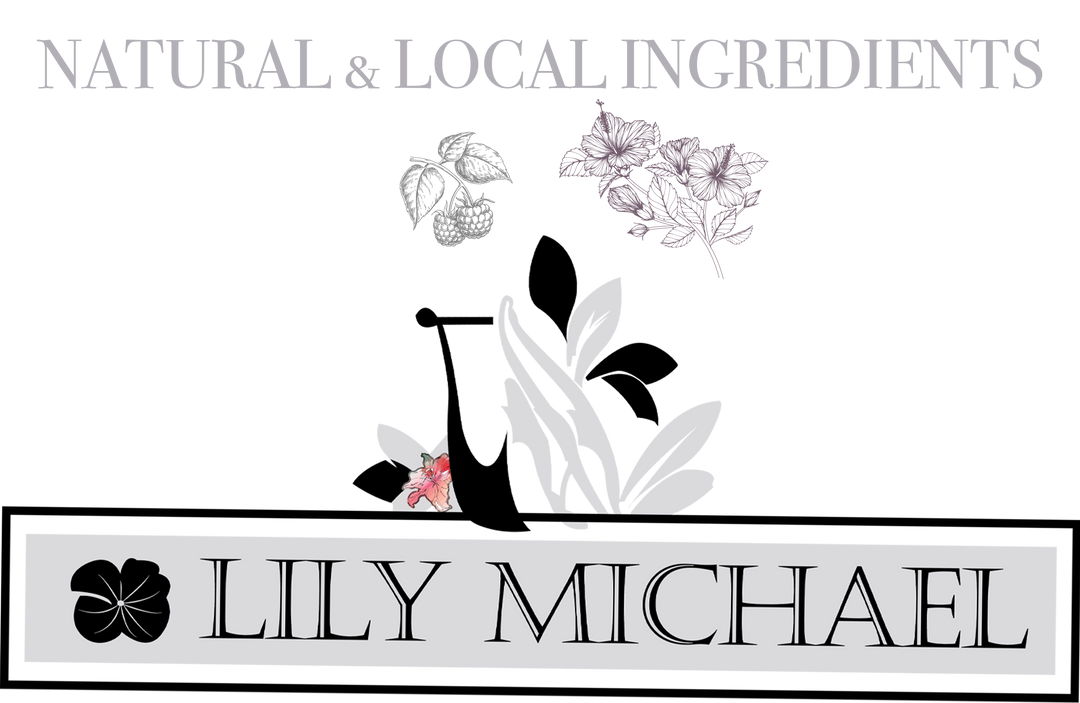How to Prevent Acne Breakouts: 10 Simple Tips
Acne can significantly affect one’s self-esteem and let’s admit it, this skin condition is not pleasant to look at. What more if you have it? It can affect people of all ages and skin types and it can also be physically and emotionally painful.
Many people start to feel embarrassed and judged when they have acne breakouts leading them to become even more self-conscious, feel inadequate, and avoid social situations.
There are several causes of acne. It can be hormonal changes, clogged pores caused by blackheads and whiteheads, bacteria, certain medications, environmental factors, stress, diet, or skincare products.
A single pimple is already a nuisance. If you are scared that you are already about to have the dreaded breakout, please bear in mind these 10 simple yet surefire tips to prevent acne from taking over your confidence.
- Keep your skin clean.
After a long day of being exposed to external stressors, your skin needs cleaning to remove dirt, oil, makeup, and other substances and particles that cannot be seen by the naked eye. Always making sure that your skin is clean is the very first step to preventing pimples from popping out.
Excessive oil production on the skin happens when too much oil or dirt is left on the surface. Bacteria can also build up and lead to unwanted skin conditions. Cleansing your skin helps keep impurities and dead skin cells at bay and promotes regeneration and natural revitalization.
- Use all-natural skincare products.
Do not use chemical-based products that are too strong and can cause even more damage to your skin. Always choose skincare products that are made of botanical ingredients only and without any toxic elements. Look for labels that say non-comedogenic too. Use Glacier Skin Perfection Glow Cleanser. This product does not have any harmful ingredients and is purely made of the finest botanical extract that can moisturize your skin effectively while nourishing it, can combat oxidative stress, and give you a flawless complexion all at the same time.
- Do not pop your pimples or squeeze them.
Popping or squeezing your pimple can cause acne breakouts because there is a big chance you will be spreading the bacteria onto other areas of your skin. When you pop a pimple, you are also breaking your skin which can lead to scarring and healing disruption. Doing so will also increase the risk of the pimple returning, getting infected, and becoming worse.
- Eat a healthy diet.
Your diet can play a huge role in the development of acne. You should also pay attention to the food you are eating. A healthy diet consists of fruits, vegetables, and lean proteins. Meanwhile, a diet that is high in sugar, dairy, and fried foods may increase the risk of acne. Avoid high glycemic load foods such as refined carbohydrates and sugary snacks. Moderate your dairy consumption too. Eat fish, nuts, and seeds that are rich in Omega-3 fatty acids which can prevent skin inflammation. Berries and leafy greens are rich in antioxidants too.
- Stay hydrated.
This is the simplest, most straightforward tip we can give you. Drink plenty of water on a daily basis. Water is the best way to make sure your skin stays moisturized from the inside out.
- Avoid touching your face.
Our hands are always exposed to a lot of elements. When you keep touching your face, especially when you are outside, you can easily spread bacteria, dirt, and other particles on your face that can trigger a breakout.
- Practice stress management.
Managing your stress can help you prevent acne effectively. Exercise, meditate, take breaks in between work, seek support, relax, and do some breathing exercises when stress is just around the corner.
- Keep your hair off your face as much as possible.
Some people develop acne breakouts because their hair keeps on touching their faces. If you have long hair, pull it back so that the oils from your hair won’t transfer to your skin.
- Know your meds.
Some meds can trigger acne breakouts. It is best to talk to your doctor or consult a dermatologist about the side effects of your medications.
- Know your skin type.
Do you have dry, oily, combination, or sensitive skin? Knowing your skin type will help you determine the right kinds of products to use. Whatever your skin type is, using natural skin care products is always better.




